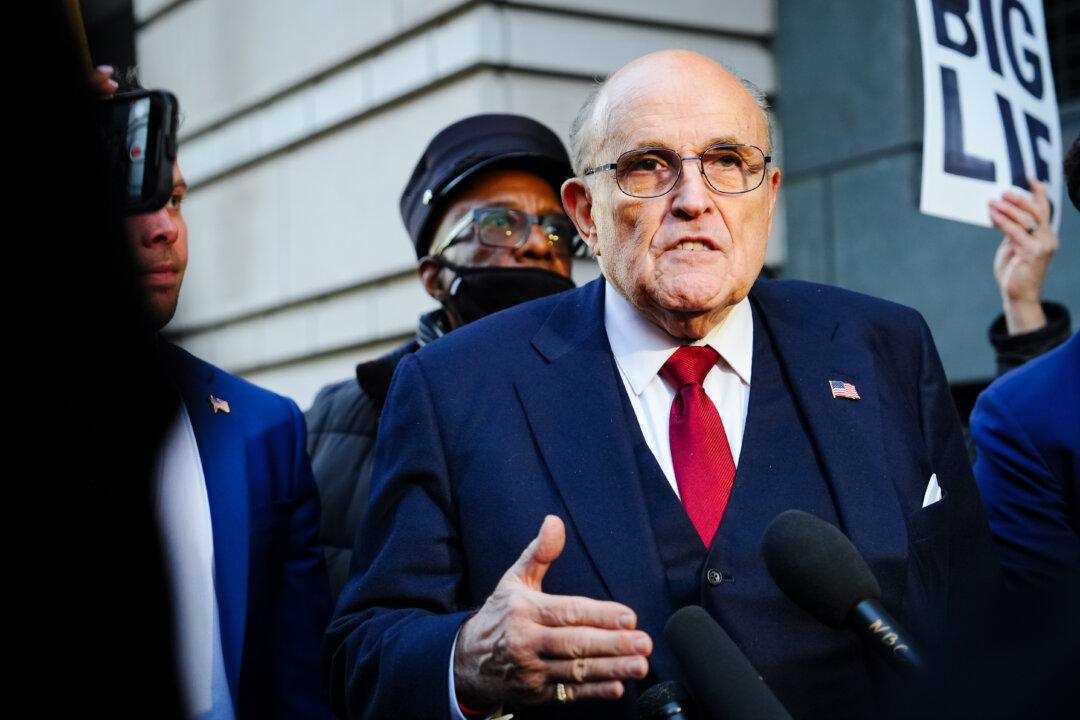A judge said on July 10 that he will likely throw out Rudy Giuliani’s bankruptcy case, after lawyers for the former New York City mayor and his largest creditors—two ex-Georgia election workers who won a $148 million defamation suit against him—agreed that it would be the best way to proceed.
U.S. Bankruptcy Judge Sean Lane said he expects to issue his decision by the end of the week. The ruling could be issued during a hearing scheduled for July 12. Judge Lane ruled against Mr. Guiliani’s request to convert the case to a liquidation, saying that option would not be in the best interest of his creditors.





